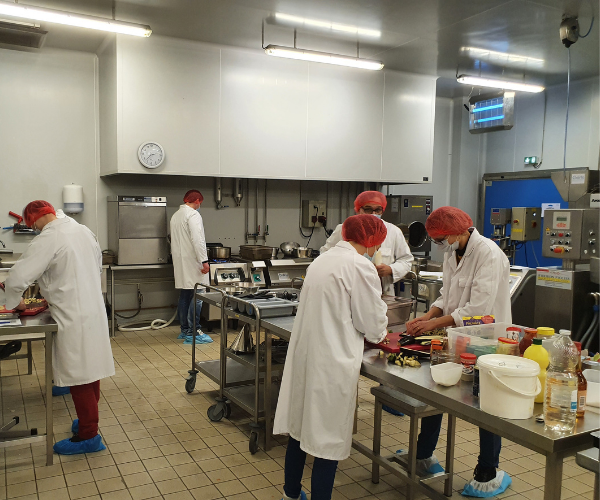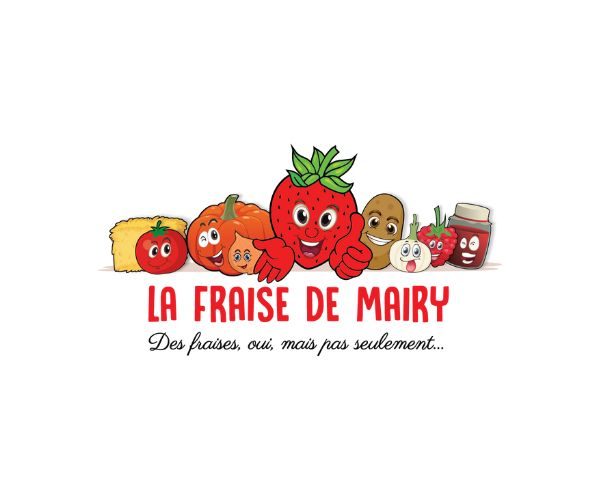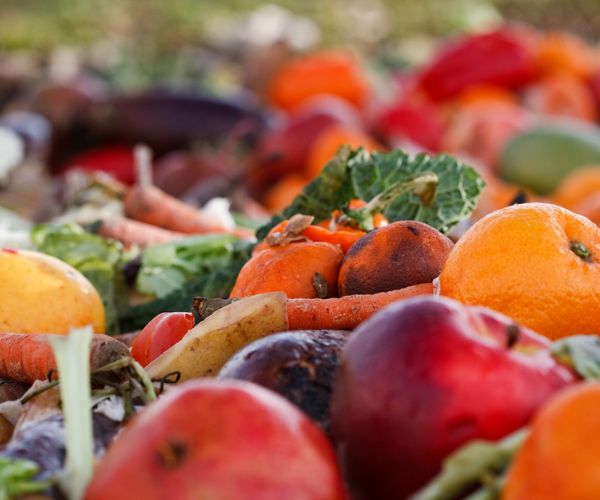Customer testimonials
Running a canning business: Thomas Lecoq, CTCPA trainee
10
Mar

Published on : 10/03/2021
What was your plan when you enrolled in this course?
I currently live in Switzerland where I plan to open a delicatessen. Part of my premises will be dedicated to the production of traditional dishes packaged in jars and sold in my adjoining store.
Did the training meet your expectations?
Yes, totally! I am a novice in the canning business, so naturally I had many questions when I arrived. I still have a lot of them today, but they have evolved, they concern the substance of my project. On a technical level, thanks to my participation in the training, I found answers to all my questions.
In a few words how would you describe it?
First of all I would say that it is an intense training in terms of learning volume. I am a cook by trade and I thought it would help me but it didn't! It's a totally different job where all the basics and fundamentals are to be acquired. However, the intense aspect of the training gives it a complete and professional character.
Are you satisfied with the human and technical resources made available for this training session?
Yes, I am satisfied with the means that have been put at my disposal, they make the training even more concrete. Quality material is at our disposal.
NB: The practical part of this session will take place on the equipment of the technological hall of the ONIRIS school (National Veterinary, Agri-food and Food School).
Would you recommend this training?
Yes I highly recommend this training to anyone starting a canning project.
Has it been beneficial to you in the realization of your project?
Yes, it clearly helped me with my project. I came out of this week of training with a totally different idea of the canning business. It is a field that is not very developed in Switzerland and that is also what pushed me to train.
Do you plan to follow a training at the CTCPA again?
Yes, no matter what field or industry we are in, we always have something to learn. I think it's good to get advice from experts rather than jumping in head first.
During this training, the trainees are brought to manufacture food products such as vegetable soups, vegetable spreads, ready meals etc. They learn about the formulation constraints and the impact of sterilization on the products.
Thank you to Mr. Lecoq for his testimony.
- CTCPA training contact: contact.formation@ctcpa.org - 02 40 16 11 84
- Contact CTCPA Nantes : nantes@ctcpa.org - 02 40 40 47 41
With more than 90 training courses dedicated to the agri-food industry, our training centers are scattered throughout the territory and our 35 trainers accompany with the same energy, large groups, SMEs, craftsmen and project leaders.
Train as a canner with the CTCPA: Cannery training: learn to make cans (CPF) (ctcpa.org). This training is 100% financeable via your personal training account.






